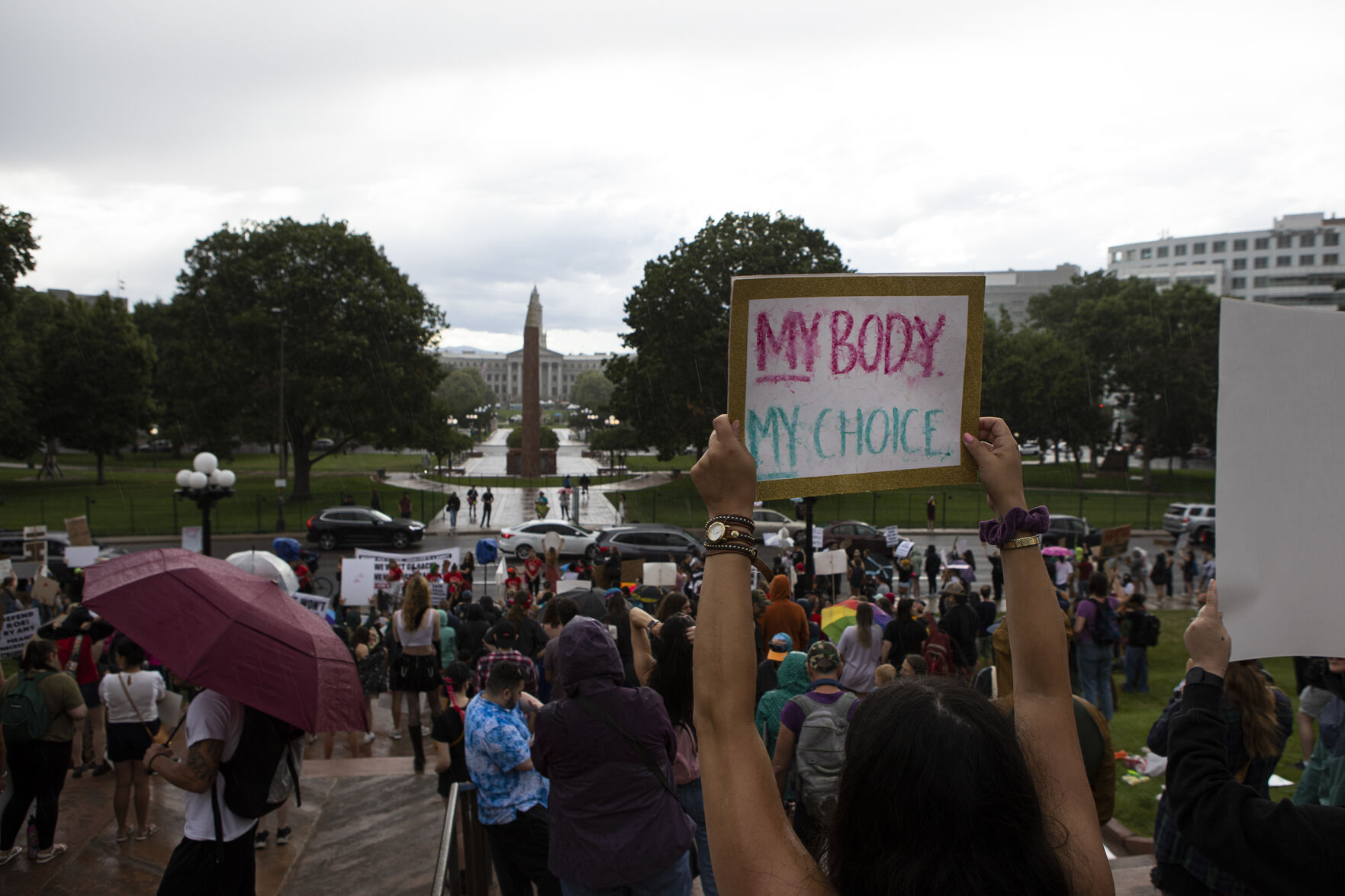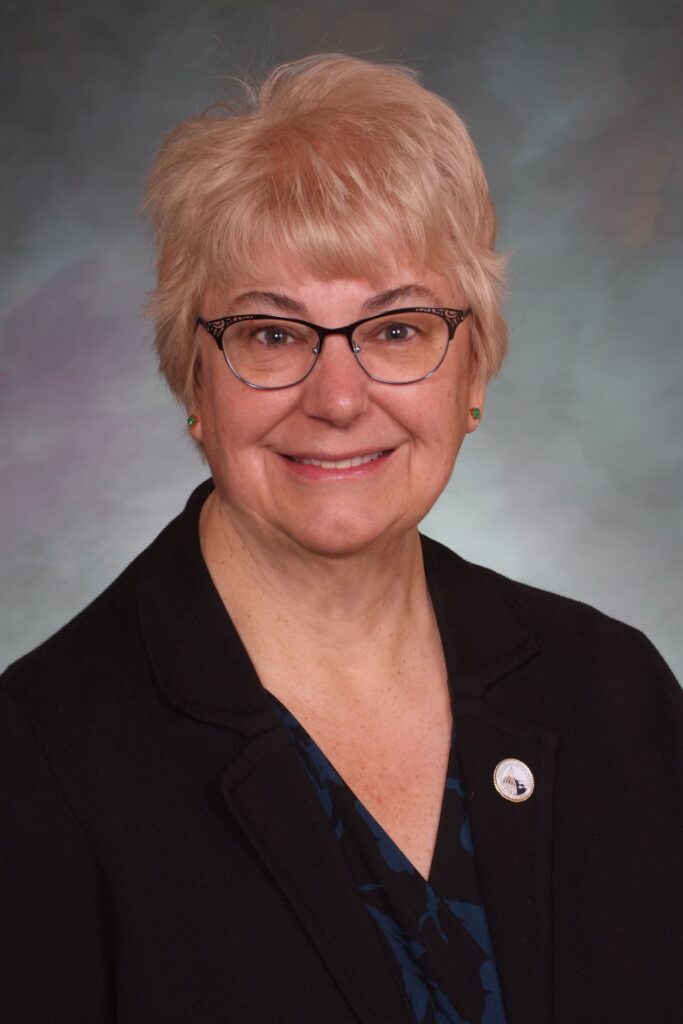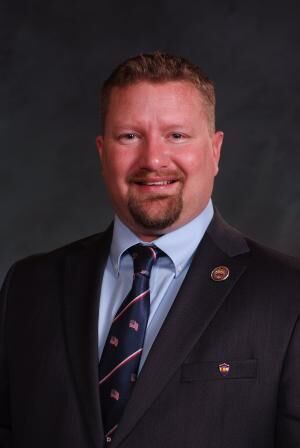Final Colorado board rules on ‘abortion reversal,’ none declare it an accepted practice

An effort to make Colorado the first state in the nation to prohibit so-called “abortion reversal” treatment is inching toward the finish line.
State legislators passed a law in April to classify abortion reversal treatment as unprofessional conduct, subjecting medical workers who provide the treatment to professional discipline. But the law allowed abortion reversal to be reclassified as professional conduct if the state medical, nursing and pharmacy boards all agree that it’s a valid medical practice.
The last of the three boards adopted its rule Thursday. The medical board ruled that abortion reversal treatment using certain medications is unprofessional conduct. The other two boards did not classify the treatment as an accepted practice or as unprofessional conduct.
Since the three boards are not in unanimous support of abortion reversal, the new state law will remain intact – so long as the boards don’t change their rules before the Oct. 1 deadline.
“As of today, the statute stands on solid ground … as long as nothing changes in the next nine days,” said Rep. Karen McCormick, D-Longmont, who sponsored the bill to make abortion reversal unprofessional conduct.
McCormick said all three boards would have to explicitly rule that abortion reversal is a generally accepted standard of practice to override the law.
Last month, legislators suggested the boards had to decide whether abortion reversal is unprofessional conduct, which two of the boards did not do. However, even if that is the case, the Colorado Medical Board explicitly called the treatment unprofessional conduct. This means there still isn’t unanimous support as required to override the law.
Abortion reversal treatment has been hotly debated in the medical community for years. The idea is that taking the hormone progesterone can stop a medication-based abortion after a patient has completed the first part of the two-step process.
Supporters of the treatment point to a small-scale 2012 study, which found that four of six women who had begun medication abortions were able to carry their pregnancies to term after taking progesterone. Subsequent research has concluded there is insufficient evidence to support abortion reversal treatment, attributing successful pregnancies to the results of simply not taking the second abortion pill.
A larger 2019 University of California study attempted to test the effectiveness of abortion pill reversal, but the study was ended prematurely due to safety concerns after three participants required ambulance transport to a hospital for treatment of severe vaginal bleeding. The American College of Obstetricians and Gynecologists also rejects prescribing progesterone to reverse abortions, saying it is “not based on science and do(es) not meet clinical standards.”
Because of this, the Colorado Medical Board ruled in August that using the hormone progesterone to try to stop a medication-based abortion is outside of the “generally accepted standards of medical practice.”
On Wednesday, the Colorado Nursing Board ruled it will not treat abortion reversal as unprofessional conduct per se, but will review individual complaints of abortion reversal treatment on a case-by-case basis. The Colorado Pharmacy Board unanimously adopted a near identical rule on Thursday, opting to also take a case-by-case approach.
Members of the nursing board expressed support for the medical board’s decision to classify abortion reversal as unprofessional conduct, but said the nursing board does not establish a single standard of care to apply to all situations.
“The (nursing) board, historically, has pretty much treated everything case-by-case for review and discipline,” said Joe Franta, president of the nursing board, during Wednesday’s vote. “We don’t make general standards of care. We don’t create those. … I don’t think we have the basis to do that.”
Only members of the pharmacy board defended abortion reversal as a treatment.
“I still think people should have the choice to use this. If they discuss it with their doctor and this is what they want to do, then they can try it,” said Eric Frazer, vice president of the pharmacy board, during Thursday’s meeting. “It’s not dangerous to the patient as far as what I have seen.”
Pharmacy board members said their only concern is if medical providers offer abortion reversal treatment in a deceptive manner, promising the patient outcomes that are not guaranteed. They said these situations could be evaluated individually.
While proponents of the case-by-case approach said it could maintain options for women who change their minds after starting the process of a medication abortion, opponents argued the overarching state ban would protect women from being pushed into partaking in a medically-unfounded practice.
“The legislative intent is to protect patients from false, harmful medical information and treatments,” McCormick said during the pharmacy board’s meeting. “Abortion pill reversal as it exists has no basis in science. … It is a lie and we can’t afford lies in medicine.”
The boards’ rules are scheduled to take effect on Oct. 23. Under state law, the boards have until Oct. 1 to change the rules, though none of the boards currently have rule-making hearings scheduled for the rest of September.
The question remains whether regulators and prosecuting attorneys will enforce the new law prohibiting abortion reversal treatment. After a Catholic health care clinic sued to stop the abortion reversal ban in April, Attorney General Phil Weiser wrote in a court filing that the ban wouldn’t be enforced until all three boards pass their rules.














